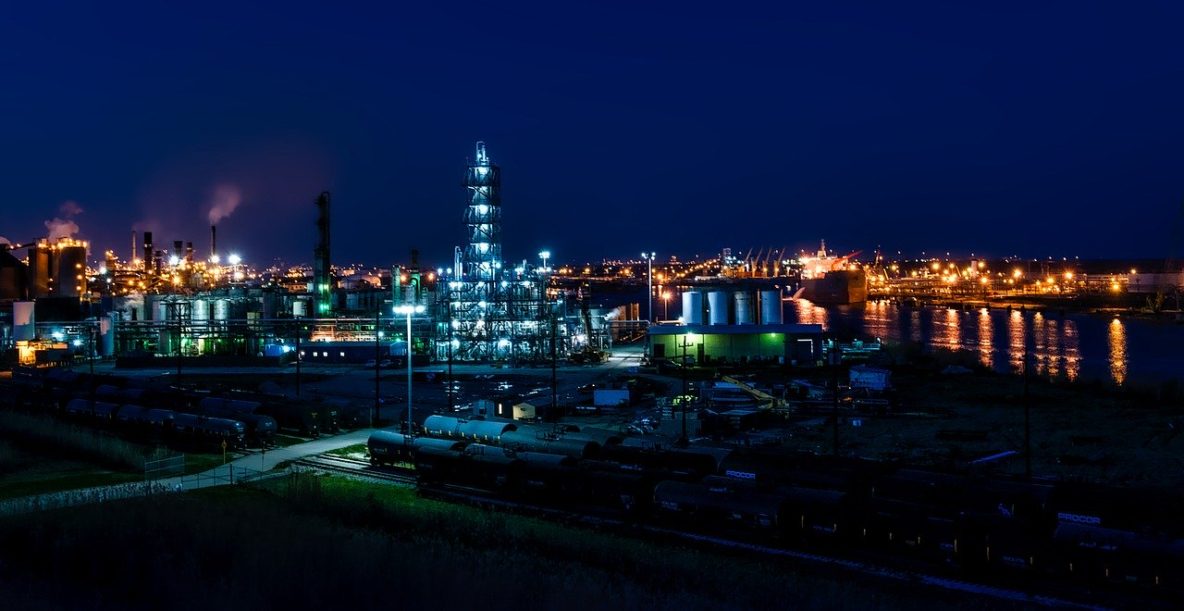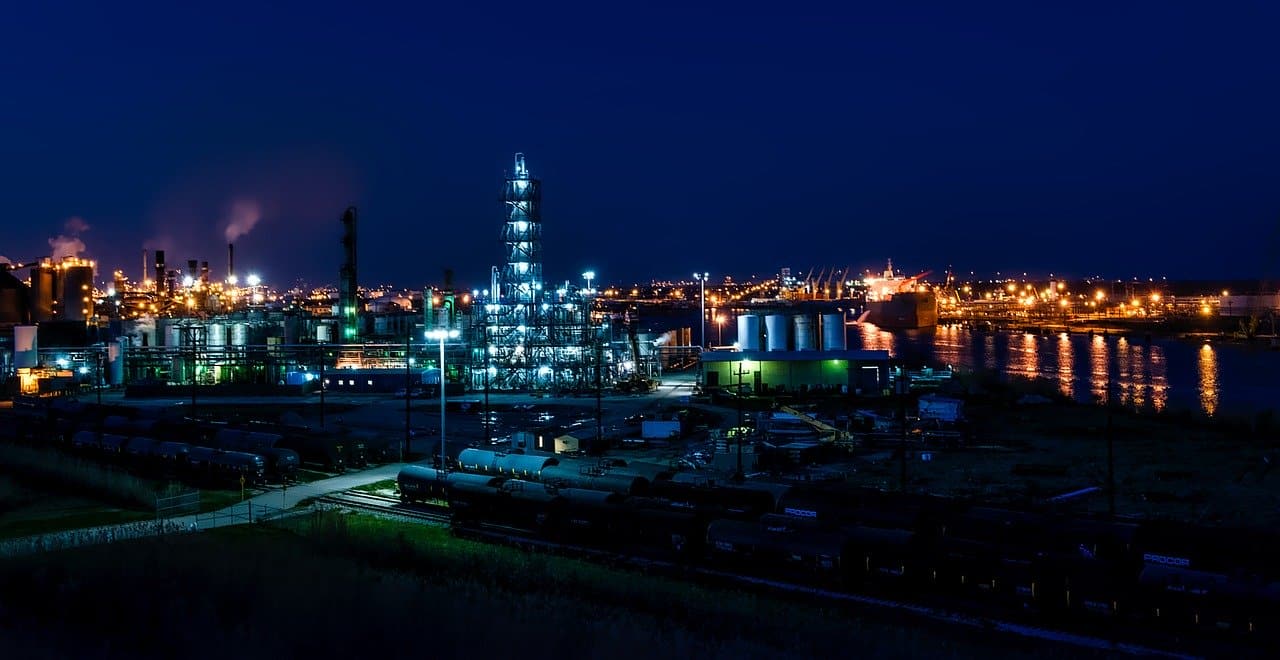The following guide applies to businesses in petroleum wholesale distribution of Butane Gas, Crude Oil, Fuel Oil, Gas, Kerosene, and Lubricating Oils.
Enforce Coverage Group specializes in Workers Comp Insurance in Pennsylvania, New Jersey, New York, and Connecticut. If your business is in the market to purchase a new policy or just need a current rate or quote, call us at 212-947-4298.
Petroleum Wholesalers Workers Comp Insurance Rate Guide for Class Code 8350
Description of operations: Petroleum wholesalers receive petroleum products such as gasoline, diesel, fuel oil, and motor oil from refineries for distribution to retailers. The product may come by railroad tanker, car or truck, and can be delivered in bulk or packaged into containers. Bulk storage stations include tank fields with underground pipelines. The distribution center may be open 24 hours a day. Some wholesalers also own retail gasoline stations or convenience stores.
Property exposures – High. The gasoline distributor normally has extensive bulk storage. Gasoline emits highly flammable fumes that must be controlled to prevent explosions. While underground tanks are the least prone to explosion, many tanks are above ground for environmental reasons. Filling and dispensing fuel from the tanks can cause static electricity buildup that can lead to an explosion unless the tanks are properly bonded and grounded. Petroleum products in containers for sale are less volatile as long as the containers are kept sealed and the temperature-controlled. Leak detection systems should be in place for tanks and other containers. Greasy rags and equipment used to clean up spills could contribute to spontaneous combustion. There should be no smoking. Since electronic equipment and wiring can spark, it should be in conduit and maintained in excellent condition. Due to the high demand and cost of fuel, theft can be a problem. Alarms, guards, fencing and other security precautions must be in place as appropriate to the location.
Business Income, Extra Expense Exposure – High due to the lengthy time needed to rebuild the facility and install replacement tanks and equipment.
Crime Exposures are mainly from employee dishonesty. This operation involves a number of transactions and accounts that can be manipulated if duties are not separated. Background checks, including criminal history, should be performed on all employees handling money. Regular audits, both internal and external, are important in order to prevent employee theft of accounts. Most petroleum wholesalers use card lock systems for monitoring purposes and to eliminate the need for drivers to carry cash. Physical inventories should be conducted at least annually.
Inland marine exposures are from accounts receivable if the distributor offers credit to customers, computers for tracking inventory, contractors’ equipment, goods in transit, and valuable papers and records for manufacturers’ and customers’ records. Duplicates must be kept of all data to permit easy replication in the event of a loss. Contractors’ equipment includes forklifts and hand trucks used to access and move stored items. Goods in transit are subject to loss from collision or overturn, either of which could trigger an explosion if the transported goods are flammable.
Premises liability exposures are limited due to the lack of public access to the storage facilities. Contracts with transportation and storage providers may expose the operation to additional liability. Railroad sidetrack agreements pose additional concerns. If there is a railroad sidetrack or dock, an employee must verify that no one is in the path of an incoming or outgoing train. Tanks, railroad tracks, and conveyors can be attractive nuisances. The premises should be enclosed by fencing and other security to prevent vandals from entering the premises. “No Trespassing” signs should be posted.
Completed operations liability exposures are mainly due to misdelivery. The wrong fuel placed in a customer’s tank has consequences ranging from inconvenience to tragedy as incorrect gasoline pumped into an airplane fuel tank will cause the plane to crash. The insured must have controls in place to monitor the fuels received from the refinery and delivered to customers.
Environmental impairment exposures are significant due to the possibility of tank leakage which can contaminate air, ground, or water. All tanks must meet EPA standards that include regular inspections and monitoring. Truck collisions and overturns can result in off-site environmental contamination. Drivers must be trained in and capable of performing needed and appropriate cleanup operations.
Automobile exposures come from the delivery vehicles, which are large and awkward, and must be navigated over highways, rural winding roads, and congested city streets. Drivers must be trained in appropriate handling methods. Multiple deliveries may be made during a single shift. Tankers often have compartments so that many different types of fuel can be loaded onto a single-vehicle. Drivers are responsible for loading and unloading the correct fuel into the tankers and at the customer’s premises. MVRs must be run on a regular basis. Random drug and alcohol testing should be conducted. Vehicles must be well maintained, with records kept in central locations.
About Enforce Coverage Group – Workers Compensation Insurance Specialists
Enforce Coverage Group is Located at One Penn Plaza NYC with offices in Wilton CT and Huntington NY. As Petroleum Wholesalers Workers Comp Insurance Agents, we have the knowledge and relationships with carriers to provide your company with the most comprehensive and appropriate coverage at the most cost-effective price.


